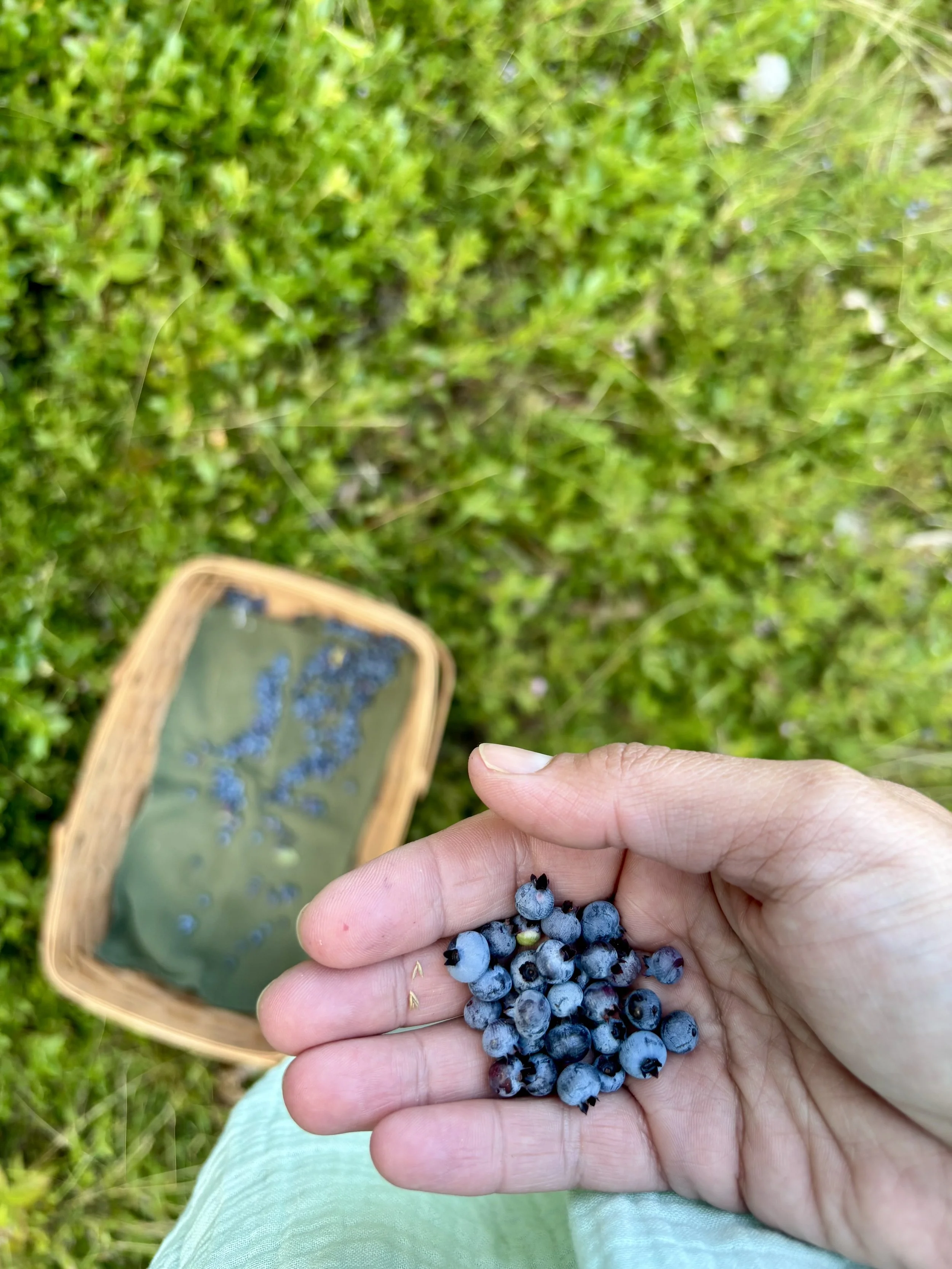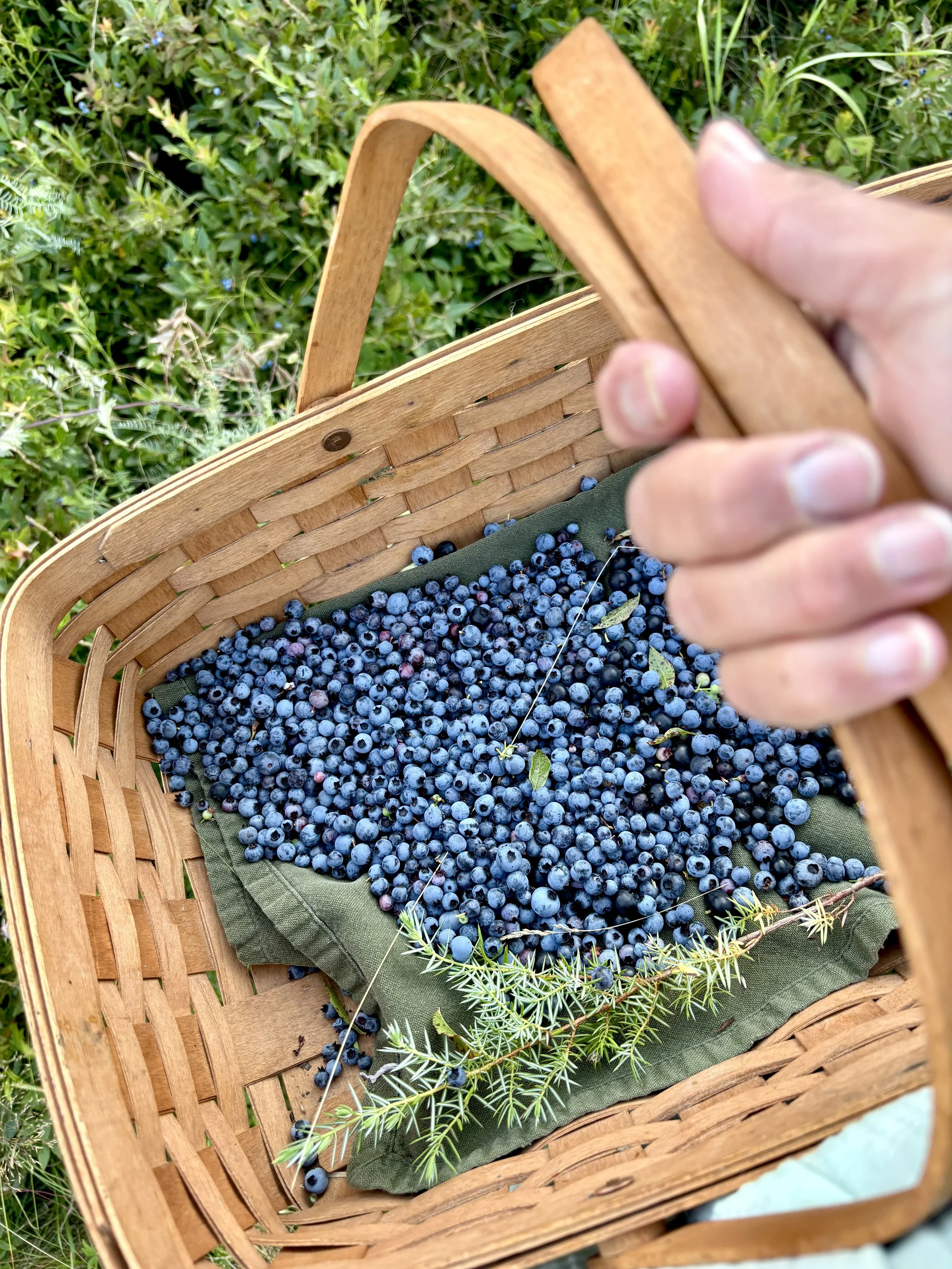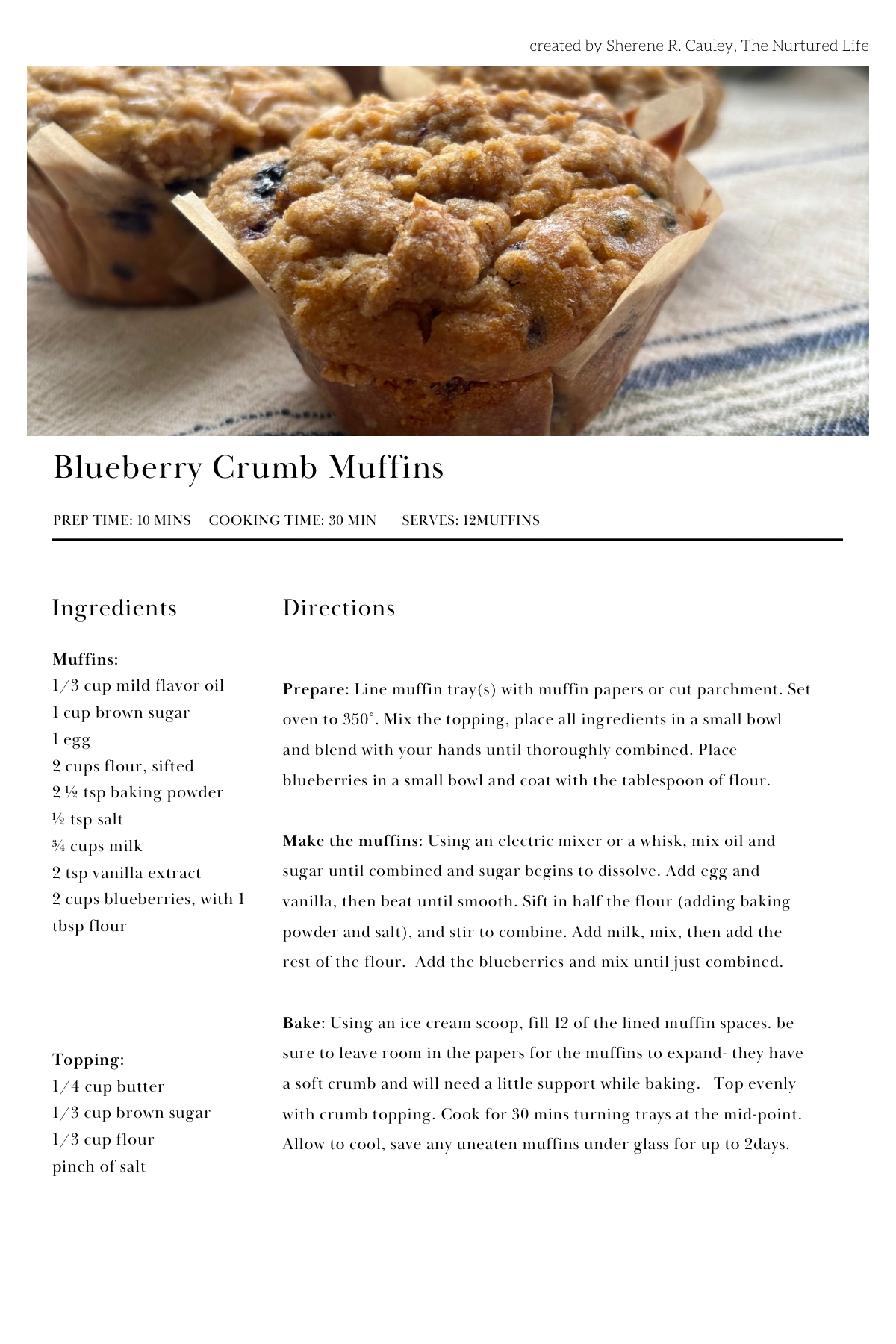Earth delights as we kneel in fields to delight in the blueberries.
We come with joy, we come happy and excited. Earth is happy to feed us. Delighted in us.
Earth rejoices in welcome- grateful we have joined the ceremony.
Honoring everyday miracles through compassion, mindfulness, and spiritual discovery.
The posts in this journal are not and should never be taken as advice ( medical or otherwise). They are a sharing of my practice and experiences which you may find useful as prompts for your own exploration.
Earth delights as we kneel in fields to delight in the blueberries.
We come with joy, we come happy and excited. Earth is happy to feed us. Delighted in us.
Earth rejoices in welcome- grateful we have joined the ceremony.




Behavioral Hyper-Flexibility is the counter point to Hyper-Rigidity. Neither is a state of balance or presence. If someone is used to an extremely rigid social-emotional environment, it might seem soothing to experience hyper-flexibility as an antidote, however both hyper states tend to exacerbate the opposite, rather than bring about harmony. In a state of presence, we can apply appropriate tension to our behaviors to maintain a state of balance, accomplish our goals, meet our needs, and experience greater ease.

Hyper-rigid environments, with lots of criticism and rules, are limiting. These environments feel oppressive and are really troublesome for many folks, especially those who are neurodivergent. Hyper-flexible environments are just as limiting. It can be harder to recognize how limiting they are, and, how to create balance. Whether for ourselves, or for the children we care for, hyper-flexible environments contribute to anxiety by giving too many choices, too many possibilities, and allowing too many behaviors. These choices and possibilities are not all “good options” but now all of them beg consideration. Just like our physical bodies, our emotional bodies need appropriate tension to experience balance. A hyper-rigid or hyper-flexible range of motion will cause injury.
Trust is about the expectations. Trust means one can count on a regular expected outcome/behavior. Having a disorganized response that comes from hyper-flexibility causes confusion.
Hyper-Rigid response: We say we are going to do something so we follow through, even if it causes harm. Hyper-Flexible response: We are going to do something but then change our mind on a whim, or just because we can, or because another option presented itself.
A response based in presence will be attributed to reasonable factors of expectation that can be placed within a framework of positive trust. We will follow through or change our minds based on factors that align with our goals, our desired way of being in the world.
When we build trust that we are consisitent and that our plans work out, we build trust that cooperation and team work are safe and beneficial, this is positive trust.
Irratic or hyper-flexible plans are really not plans at all. We cannot trust ourselves and other people cannot place expectations on us either. Therefore, we cannot build cooperative teams that make us feel secure.
Our energetic vibrations form an ethereal cloak around us. When our emotional tension is appropriate, this cloak is a comfort to us and those around or within it. When we are overly rigid or flexible, the vibrational energy that makes up our cloak becomes damaged and irregular. Occassional damage is organically repaired through presence, but regular hyper-flexibility is harder to heal.
Both hyper-rigidity and hyper-flexibily create power struggles. Maintaining control is a burden. When our environment lacks respect for organic boundaries, we become obsessed with maintaining rigid structure or anxious about inconsistency.
When there is appropriate tension between rigidity and flexibility we can relax within the parameters of the tension. We do not have to rely on a rigid process for comfort or constantly try avenues for change- we can maintain our center.
Hyper-focus and lack of focus are both exasterbated through hyper-flexibility. Both hyper-focus and lack of focus are great strengths in certain contexts, however, when our environment is regularly hyper-flexible, the mind tends to look for avenues to make a change of course rather than engage with the moment at hand. Having too much flexibility in behaviors or actions means there is always the distraction of changing direction.
It is hard to focus on the moment or task at hand if seeking change keeps us testing the possibilities.
While it might sound nice in theory to have lots of planning flexibility, often, the result is a lack of space and time to relax. If you could do ten different things at any time during the day, you may never do any of them, and still be exhausted when the day is done. Knowing there is a time and place for each activity allows us to rest in the moment at hand. "I can do the laundry at anytime" often ends up meaning that the laundry is not done when needed.
Having appropriate tension in our plans and scheduling means our plans are relevant and meaningful. They fit within the timeframe, energy, emotional capacity, and needs of ourselves and our environment. This means we can rest from constantly checking about plans, behaviors, expectations and experience a confidence that comes from knowing rest and action are balanced.
Each individual benefits from personalized structures and supports. Establishing structures to use in moments when choices/plans need to be made is a short cut that helps us develop that appropriate tension between rigidity and flexibility. This can be uncomfortable at first, until we establish trust in ourselves, so we will need personalized supports to ensure we follow through and build sustainable new neuro-senstive behaviors.
Establish structures around changing plans, create supports to maintain presence.
This is what neuro-senstivie coaching is all about. Rather than trying to organize symptoms and behavors into a context of neuro-privilege. Neuro-senstive coaching is rooted in supporting the client in establishing patterns, behaviors, supports, and adaptions to meet their relevant needs and goals. If experiencing less anxiety and greater calm, ease, and presence is something you desire ( for yourself or your child) then lets investigate the patterns of energetic rigidity or flexiblity to find the appropiate tension for you.

I’ve been what we call an activist all my life. I wouldn’t necessarily use that word to describe myself but it’s the mainstream word we have that translates best. Since I was small, I’ve been involved in actively and consciously turning the wheel of life towards collective wellbeing. I have taken action, drawn attention, fostered conversations.
Food is a very perfect place to start if you want to make change in the world because it is connected to everything, and everyone needs it, and we need to engage with it multiple times per day. Plus, most people enjoy it. It gets into our bodies (literally and figuratively) and supports the changes we want to see in the world.
We, in this household, have eaten a very conscientious diet of mostly whole, organic, local foods since we established ourselves as a family. We also do not have any forbidden foods (even those that cause reactions are not forbidden). Thing is, most processed foods just don’t taste very good if you have been eating fresh and lovingly prepared food. Love, it’s an important part of diet. Care, is important. It’s an important part of the health of our food.
Over the years, I’ve driven across state lines to buy organic grains from farmers struggling to survive because their product was so expensive. People couldn’t understand why it was necessary to pay more. Now, lots of people do understand. And still, lots of people don’t. Our food budget has always been small, and our other budgets tight as well. But food needed to be purchased, and how we spent our money on food was something we could control. While our physical health is impacted by the food we ingest, our collective ecological,social, spiritual, and economic health is also impacted by our food choices. These impacts are even more pervasive to our overall wellbeing.
I’ve never needed to force anyone to eat the way we do, and yet, through relationship (and eating together) we have influenced lots of people’s engagement with food systems over the years.
Healing our world has a lot more to do with learning to engage differently than it does with forcing specific actions. Force, is the mainstream familiar way of accomplishing a goal. So, no matter what we accomplish through force- we’ve have not succeeded in deeper change. A peaceful and well world is only available through relationship. With ourselves, each other, Earth, and whatever we consider sacred.
Power-with, everything together.